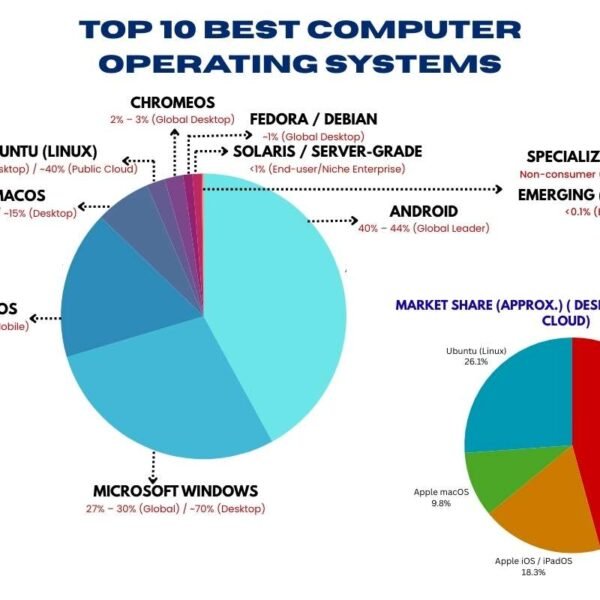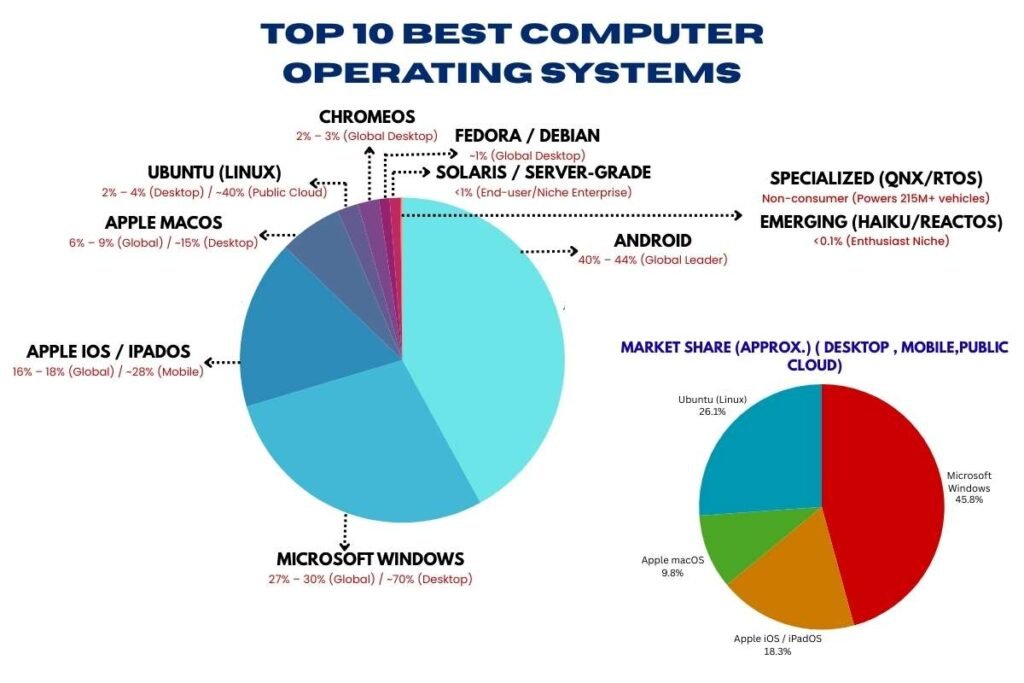Managing dealership operations efficiently and effectively is crucial for success in the competitive automotive industry. A Dealer Management System (DMS) is a comprehensive software solution designed to streamline various aspects of dealership management, from inventory control and sales to service management and customer relationship management (CRM). This article explores the features, benefits, and implementation considerations of a DMS, highlighting how it can transform dealership operations and enhance customer satisfaction.
What is a Dealer Management System (DMS)?
A Dealer Management System (DMS) is an integrated software platform used by automotive dealerships to manage their day-to-day operations. It combines various functions such as sales, inventory management, service and repair, finance, and customer relationship management into a single system. By centralizing these functions, a DMS provides real-time data access and improves operational efficiency.
Key Features of a Dealer Management System
1. Inventory Management
A DMS helps dealerships manage their inventory effectively, tracking vehicles from acquisition to sale. Features include:
- Vehicle Tracking: Monitor the status of each vehicle, including location, condition, and availability.
- Stock Management: Manage new and used vehicle inventories, including ordering, receiving, and floor planning.
- Parts Inventory: Track parts inventory for service and repairs, ensuring optimal stock levels.
2. Sales Management

Streamlining the sales process is essential for increasing revenue and improving customer experience. A DMS offers:
- Lead Management: Track and manage sales leads from various sources, including online inquiries, showroom visits, and referrals.
- Sales Processing: Automate the sales process, from quoting and financing to contract generation and delivery.
- Customer Database: Maintain detailed customer records, including purchase history and preferences.
3. Service and Repair Management
Efficient service operations are crucial for customer retention and profitability. Key features include:
- Appointment Scheduling: Manage service appointments and optimize technician schedules.
- Work Order Management: Create and track work orders, including parts and labor costs.
- Service History: Maintain a comprehensive service history for each vehicle, aiding in diagnostics and customer communications.
4. Customer Relationship Management (CRM)
A robust CRM module helps dealerships build and maintain strong customer relationships:
- Customer Segmentation: Segment customers based on purchase history, service records, and preferences for targeted marketing.
- Communication Tools: Use email, SMS, and phone integration for personalized communication and follow-ups.
- Feedback Management: Collect and analyze customer feedback to improve service quality and customer satisfaction.
5. Finance and Accounting
Integrating finance and accounting functions ensures accurate financial management:
- Invoicing and Payments: Automate invoicing, payments, and receivables management.
- Financial Reporting: Generate financial reports, including profit and loss statements, balance sheets, and cash flow statements.
- Compliance: Ensure compliance with tax regulations and financial reporting standards.
6. Reporting and Analytics
A DMS provides powerful reporting and analytics tools to aid decision-making:
- Real-Time Dashboards: Access real-time data on sales, inventory, service, and financial performance.
- Custom Reports: Create custom reports to analyze specific aspects of dealership operations.
- Data Visualization: Use charts, graphs, and other visualization tools to interpret data easily.
Benefits of Implementing a Dealer Management System

1. Improved Operational Efficiency
A DMS automates and streamlines various dealership processes, reducing manual work and increasing efficiency. This allows staff to focus on more strategic tasks and enhances overall productivity.
2. Enhanced Customer Experience
By providing a centralized view of customer data, a DMS enables personalized and timely interactions, improving customer satisfaction and loyalty. Efficient service management also ensures quicker turnaround times for vehicle repairs and maintenance.
3. Better Inventory Control
Real-time inventory tracking helps dealerships maintain optimal stock levels, reducing the risk of overstocking or stockouts. This improves inventory turnover and reduces carrying costs.
4. Increased Sales and Revenue
A DMS supports effective lead management, enabling sales teams to follow up on leads promptly and close deals faster. Comprehensive sales tools also facilitate upselling and cross-selling opportunities.
5. Accurate Financial Management
Integrating finance and accounting functions ensures accurate financial records and simplifies compliance with regulatory requirements. Automated financial processes also reduce errors and save time.
6. Data-Driven Decision Making
With access to real-time data and advanced analytics, dealership managers can make informed decisions to optimize operations, identify trends, and develop effective business strategies.
Implementing a Dealer Management System: Key Considerations

1. Assessing Business Needs
Before selecting a DMS, it’s essential to assess your dealership’s specific needs and objectives. Consider factors such as dealership size, volume of transactions, and areas needing improvement.
2. Choosing the Right DMS
Evaluate different DMS options based on features, scalability, user-friendliness, and cost. Consider whether the system is cloud-based or on-premises, and ensure it integrates with existing software and tools.
3. Training and Support
Proper training is crucial for successful DMS implementation. Ensure that the vendor provides comprehensive training for all users and offers ongoing support to address any issues.
4. Data Migration
Migrating existing data to the new DMS is a critical step. Plan the data migration process carefully to ensure data accuracy and integrity, and minimize downtime during the transition.
5. Customization and Flexibility
Choose a DMS that allows customization to meet your dealership’s unique requirements. Flexibility in features and modules ensures the system can adapt as your business grows and evolves.
6. Security and Compliance
Ensure the DMS has robust security measures to protect sensitive data and complies with relevant industry regulations. Data encryption, user access controls, and regular security audits are essential components to look for.
Conclusion
A Dealer Management System (DMS) is a vital tool for automotive dealerships looking to enhance efficiency, improve customer satisfaction, and drive business growth. By centralizing and automating various dealership functions, a DMS streamlines operations provides valuable insights, and supports data-driven decision-making.
Implementing a DMS requires careful planning, assessment of business needs, and selection of the right system to ensure a successful transition and maximize the benefits. With the right DMS in place, dealerships can achieve higher productivity, better inventory management, and a superior customer experience, positioning themselves for long-term success in a competitive market.










